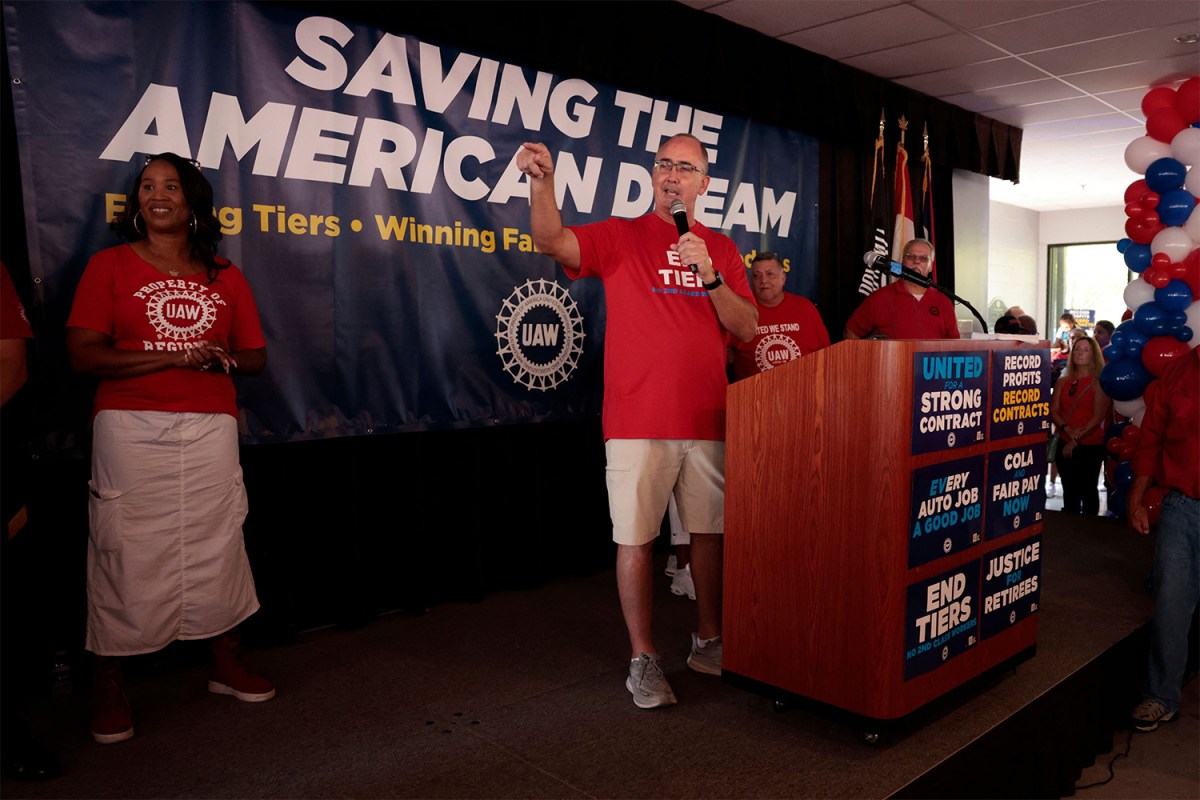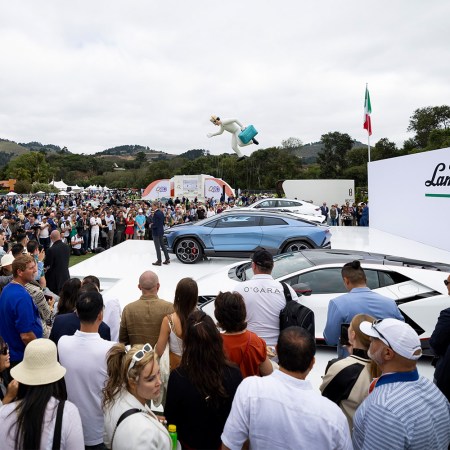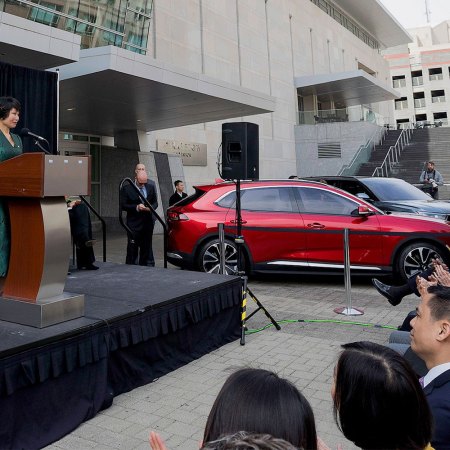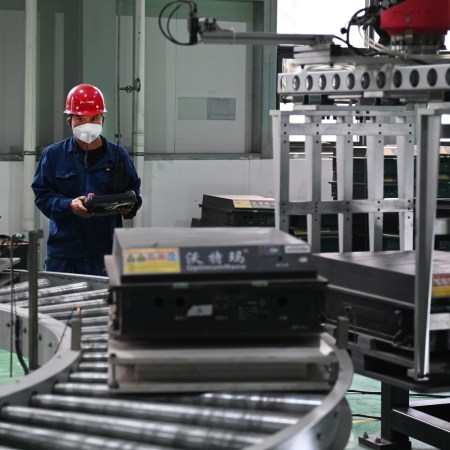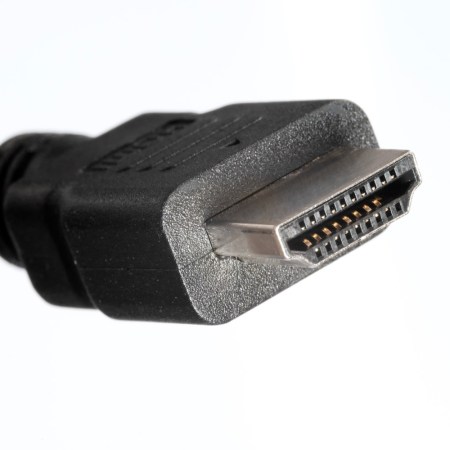The “summer of strikes” may be ending, but the WGA and SAG-AFTRA aren’t the only labor unions that may carry that heat into the fall.Last week, the United Auto Workers (UAW) union voted to authorize a strike after their contract with the Big Three automakers expires on September 14 if a new agreement cannot be reached. Although many stakeholders, including the employers Ford, General Motors and Stellantis, expressed hope that a shutdown could be averted, according to reporting from The Washington Post, on Thursday “many in the industry say [a strike] is increasingly likely.”
The UAW’s list of demands, which they’ve made public, include elimination of a tiered employment structure where new hires are paid less and afforded worse benefits than veteran employees, significant wage increases and more paid time off. As the Post notes, some of these issues can be traced back to contracts the union signed amid the Great Recession. But the problems aren’t entirely based in the past; in fact, many of the demands revolve around the future, specifically our electrified future.
The transition to electric vehicles isn’t just a learning moment for consumers — it’s a pain point for automotive workers, too. But for them, they’re trying to hammer out a beneficial contract now before the EV revolution fully revs up. In general, EVs are simpler to assemble than their gas-powered counterparts, which theoretically means fewer hours needed from workers to make a car. As such, the UAW is seeking to establish a “four-day workweek at five-day workweek pay,” according to Marketplace. That would head off any losses incurred by the less complicated assembly.
What Is the US “Battery Belt”? And Where Is It Located?
A new economic region has formed based on electric car and battery manufacturingWhat about the federal investment in the EV transition that the Biden administration has ushered in? That’s actually part of the problem too, at least in the union’s eyes. While a new “Battery Belt” is forming in the United States as money is poured into manufacturing electric cars and the batteries needed to power them, not all of it is funding union jobs.
As lawyer Jamie Lincoln Kitman explained in an opinion piece for Politico, this fact has led to the UAW not yet endorsing President Biden’s re-election campaign. “The decision came after the White House’s announcement of a $9.2 billion Department of Energy loan guarantee to Ford Motor Co. to help build a massive battery plant, BlueOval City, in Stanton, Tennessee, a so-called right-to-work state,” Kitman wrote. “The loan contains no language requiring Ford or its joint venture partner, South Korea’s SK On, a unit of a Korean chemical company, to ensure union involvement.”
As new factories are built, the UAW foresees growth of the auto industry in America that doesn’t coincide with a growing unionized workforce. The fact that workers at Tesla, the largest manufacturer of EVs in the United States, are not unionized is also likely keeping UAW president Shawn Fain up at night.
This isn’t exactly a case of Big Auto and its EVs against the poor union worker, though. As Kitman goes on to note, while the UAW is publicly fighting the industry in these contract negotiations, behind the scenes they are helping automakers delay a transition to electric cars. “[T]he UAW implored the Biden administration to dramatically water down proposed vehicle emissions rulings that would effectively require battery power for two-thirds of all new vehicles by 2032,” he writes, a stance echoed by a trade association representing the American automakers. The Big Three have been raking it on sales of gas-powered SUVs and trucks this century, and it appears the union would rather cash in on those profits than necessarily see what the EV era has in store.
Fain has said there will be no extension to continue negotiations if an agreement isn’t reached by September 14. If a strike comes to pass, it will be the first time in history that the UAW will strike against Ford, GM and Stellantis (formerly Chrysler) simultaneously.
Thanks for reading InsideHook. Sign up for our daily newsletter and be in the know.
